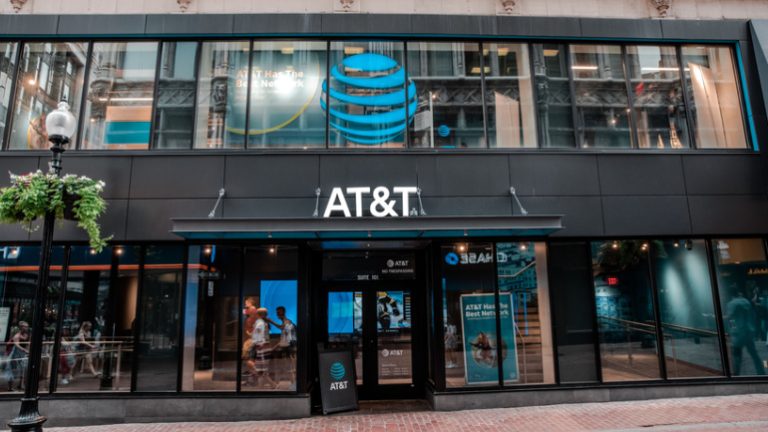
In its aim to compete against T-Mobile and Verizon in the 5G fixed-wireless access (FWA) space, AT&T is cautious not to compromise mobile users or its fibre business. The US telecom giant, which previously hinted at extensive Internet Air deployment, has recently announced its entrance into 16 new locations across the country.
AT&T’s Internet Air product offers unlimited data for $55 per month, excluding taxes. The package includes no equipment charges or annual contracts, aligning it closely with T-Mobile and Verizon’s FWA offerings. Subscribers of these services may qualify for even lower rates. Importantly, customers can self-install and launch their Internet Air subscription in little as 15 minutes through the AT&T app, with mesh networking resources provided for an additional $10 per month to combat chronic signal drop zones.
However, positioning this as a nationwide launch of Internet Air may overreach. AT&T has consistently explained that it is ultimately targeting a relatively small demographic of potential consumers, specifically, customers still depending on AT&T’s aging DSL network and who are unlikely to receive imminent fibre coverage. Equally important, AT&T will only distribute Internet Air in places where it can ensure ample mobile capacity to prevent compromising the 5G mobile experience for data-extensive users.
Erin Scarborough, president of broadband and connectivity initiatives at AT&T, said in a blog post, “Over the past year, our team has been hard at work identifying customer pain points, like legacy Internet options, and created a solution by utilising available network capacity in areas that are less densely populated while still providing a strong connection. Thus, AT&T Internet Air was born.”
Their motivation to not upset mobile users and encroach on its fibre base is understandable. Nevertheless, the increasing popularity of FWA in the United States is hard to disregard. In fact, T-Mobile and Verizon have capitalized on this opportunity. According to Leichtman Research Group’s recent publication, T-Mobile and Verizon had impressive customer bases of 3.7 million and 2.3 million, respectively, as of June end and collectively added nearly 893,000 subscribers in Q2.
In light of these statistics, it is worth pondering if AT&T can afford to cautiously proceed with Internet Air. One thing is clear – the telecommunications landscape is continually evolving, and companies must continuously adapt to provide the best service possible to increasingly demanding customers. AT&T’s efforts demonstrate a clear understanding of this substantially, bringing the telco industry an arguably brighter future.




